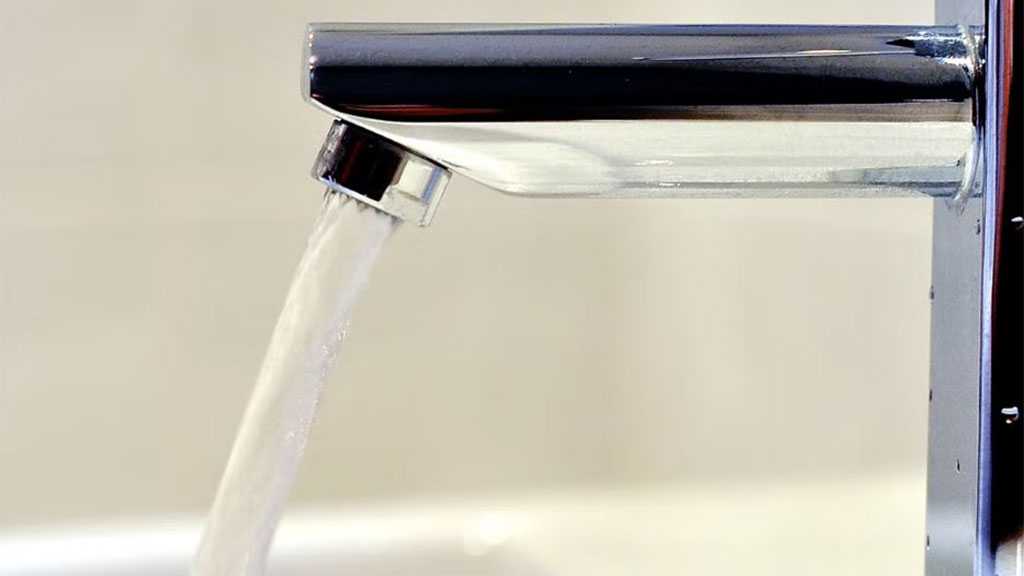Household Water Bills in England and Wales to Rise By 7.5% From April

By Staff, Agencies
Households in England and Wales will see the largest increase to their water bills in almost 20 years from April when they rise to an average £448 a year.
Industry body Water UK said the 7.5% increase would see customers pay around £1.23 per day on average – an increase of 8p per day or an average £31 more on last year’s charges.
Consumer groups warned the rise could prove the tipping point for the one in five customers already struggling to pay.
But Water UK argued that water bills remained lower in real terms than they were a decade ago and said this year’s increase reflected higher energy costs, with water firms using around 2% of the nation’s electricity.
Firms were set to invest a further £70 billion to “eliminate harm” from storm overflows and increase water supplies by building new reservoirs and national water transfer schemes, it said, adding that they were “acutely aware of the impact of price rises on lower income and vulnerable customers” and had recently increased the level of support they offered by more than £200 million.
Water UK director of policy Stuart Colville said: “With an average increase of around 60p a week, most customers will again see a below-inflation increase in their water bill. However, we know that any increase is unwelcome, particularly at the moment.”
The Consumer Council for Water [CCW] said regional variations and factors such as whether a customer is metered and how much water they use meant some households could face rises significantly above – or below – the average.
And it said the postcode lottery of social tariff schemes meant many customers who cannot afford their bill “slip through the net.”
CCW chief executive Emma Clancy said: “Water is essential for all of us so no-one should be worried about being able to afford their bill. These increases will bring more uncertainty to struggling households at a time when they can’t be certain they will get the help they need.”
Jess Cook, water poverty lead at National Energy Action [NEA], said: “Social tariffs are essential for low-income households. Discounted water bills for those struggling to pay can stop the most vulnerable from cutting back or running up debt when they can ill afford to do so.”
“With water bills rising 7.5% on average during this cost-of-living crisis, it’s more vital than ever that access to a social tariff should be made fairer, more consistent, and accessible to everyone who needs it, regardless of where they live.”
Comments
- Related News

UK Announces New Missiles Package for Ukraine
2 months ago


